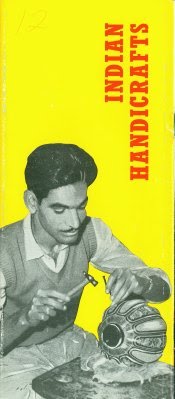
I’m lucky. As a volunteer at the RBMSCL, I’ve been creating finding aids for small manuscript collections—collections such as love letters and travel diaries from the 19th century—which can be more compelling than any historical novel. One in particular I found to be especially memorable is the John Buck Diary.
Elaborate script and comic sketches recount the eight week long vacation in England and Scotland in 1887 of John Buck, an affluent, young American who spent several days in close company with Henry Irving, the famous English actor; the equally famous actress and Irving’s rumored paramour, Ellen Terry; and the business manager of the Lyceum Theatre as well as Irving’s personal assistant, Bram Stoker. Yes, the Bram Stoker who later wrote Dracula. His visit begins with the Royal Lyceum’s performance of another popular demonic tale:
I reached Edinburgh at seven o’clock and was met by Mr. Stoker. He took me to the Edinburgh Hotel (close by the station) where Mr. Irving was staying. . . . Mr. Stoker after fixing me comfortably hurried away to the theatre and I had my dinner served in Mr. Irving’s dining room. The dinner was good but I was so anxious to see some of “Faust” that I left at the end of the third course and jumping into a hansom drove to the Royal Lyceum Theatre, where I found Mr. Stoker “laying” [?] for me. He . . . took me into the only remaining private box. Mephistopheles was just transforming Faust into a young man as I entered the box, so I had not missed much of the play. . . . At the end of the act Mr. Stoker took me around [to the stage] to see Mr. Irving and Miss Terry. . . . While we were chatting and I was being questioned about “home affairs” the scene shifters were building Marguerite’s room around us, and very soon I was compelled to “skip” as the curtain was about to be rung up. . . . Mr. Irving was grand, and he will make a tremendous hit with Faust in America. (pages 67-70)

The diary is so extraordinarily descriptive and entertaining; it is as if Buck, who loved the theater, were writing the storyline for his own theatrical play. At times, I could imagine his diary recast as a BBC period drama! Equally remarkable is the extent to which Buck’s personality is so clearly revealed. He was sometimes irreverent and informal, even when visiting the Duke of Beaufort at Badminton House in Gloucestershire, highly competitive, a bit arrogant, and more interested in pretty young women, having fun, and socializing than sightseeing; he seemed so American, and so amazingly like a few modern young men that I have known.
Happy Halloween!










